Hongkong Post will suspend the shipment of small parcels to the United States after Washington announced steep new tariffs, ending a long-standing customs exemption for low-value goods.
Hong Kong’s postal service announced Wednesday that it will stop accepting non-airmail parcels destined for the United States, following a U.S. decision to impose a 120% tariff on small-value shipments from the city starting May 2.
The new measure ends the “de minimis” exemption, which previously allowed goods valued under $800 to enter the U.S. tax-free. In response, Hongkong Post said it would not act as a tariff collector for the U.S. government and will suspend sea mail parcels immediately. Airmail parcels will continue to be accepted until April 27.
The government criticized the U.S. move as “unreasonable and bullying,” warning that Hong Kong residents should be prepared for steep costs when shipping items to the United States.
Only documents will be accepted in future mail bound for the U.S.
The development underscores Hong Kong's increasingly complex position amid rising trade tensions between the United States and China, despite its status as a free port.
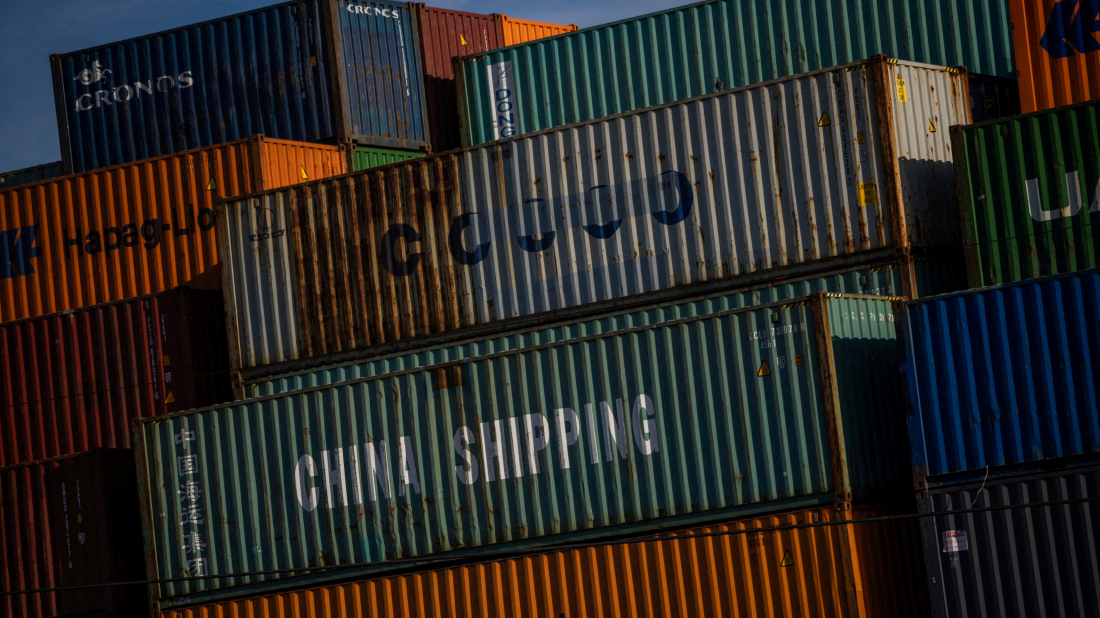

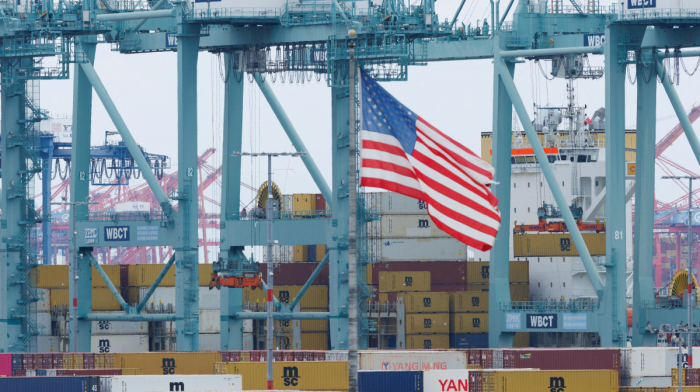


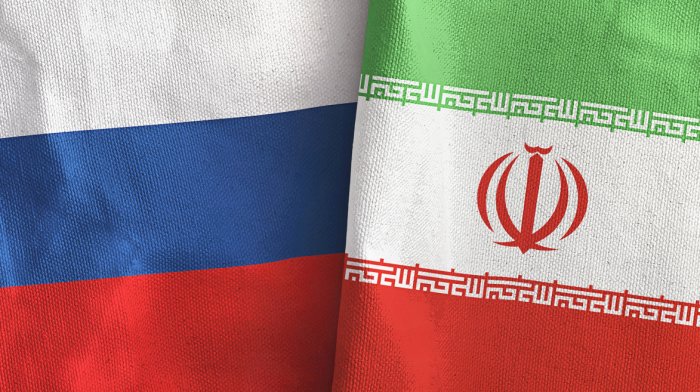


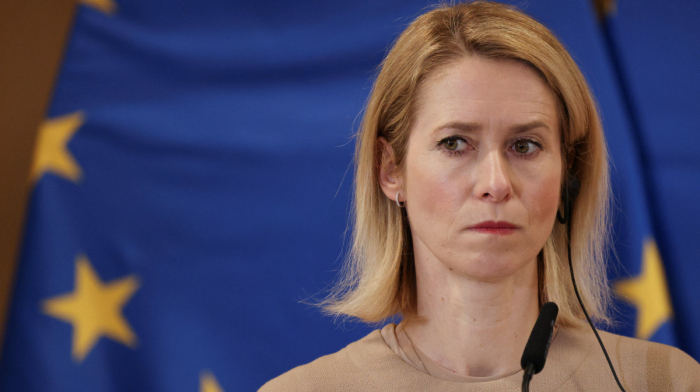


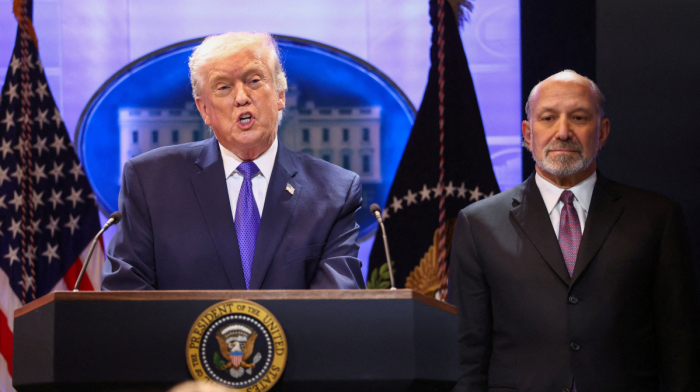
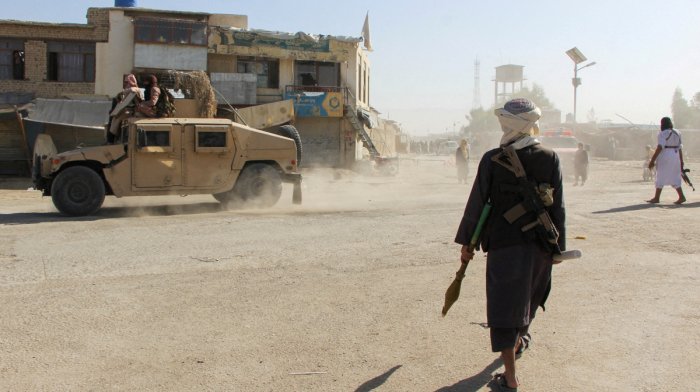
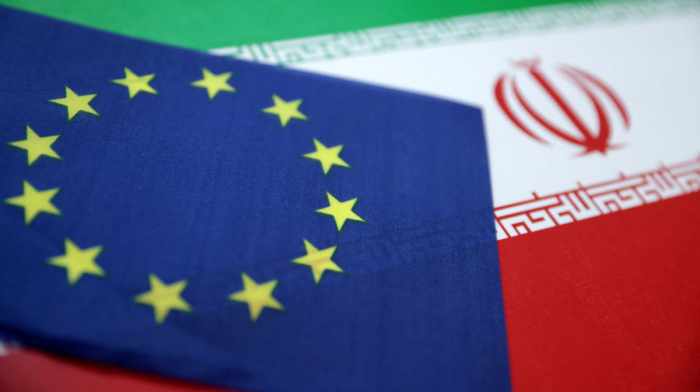



What is your opinion on this topic?
Leave the first comment